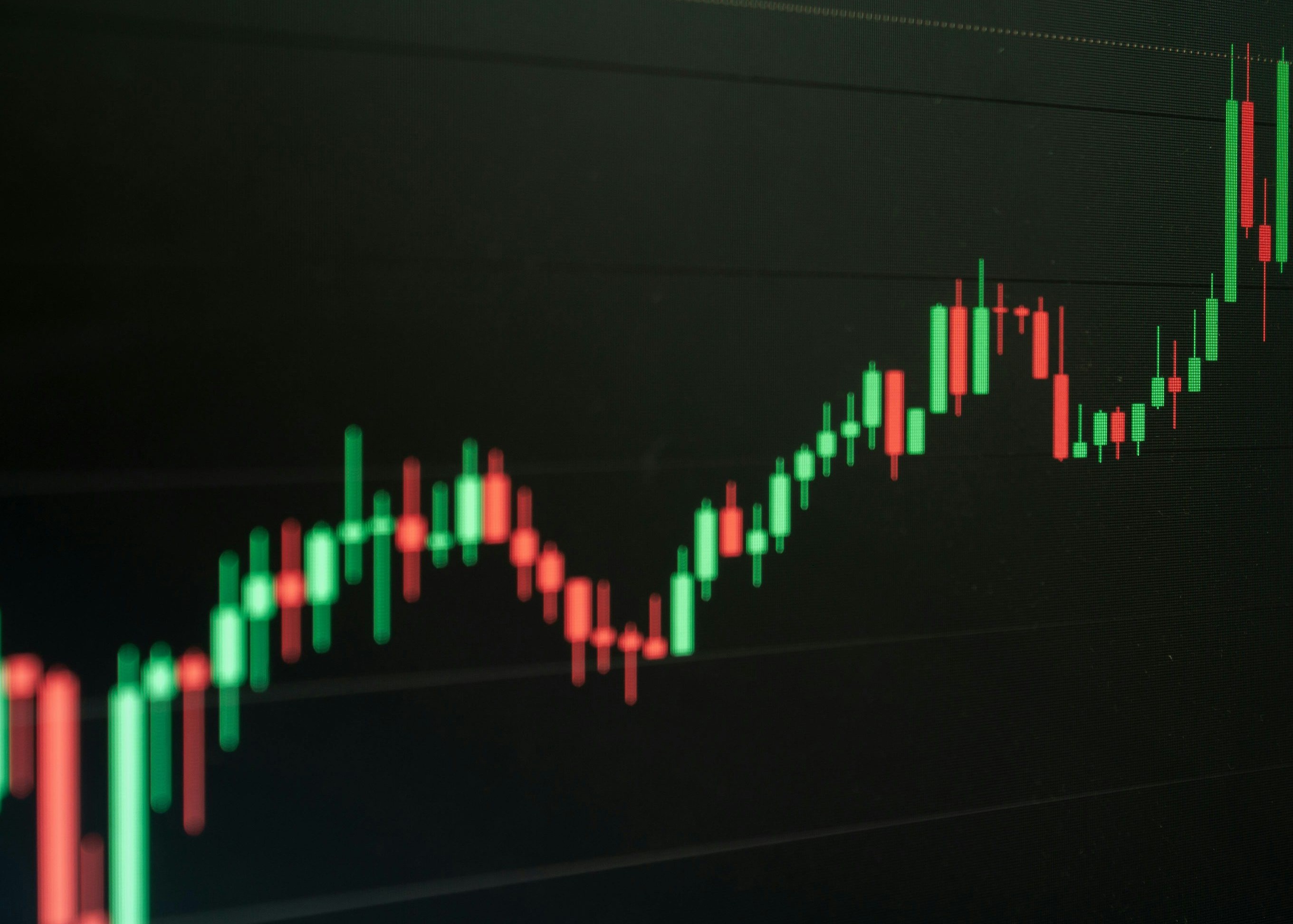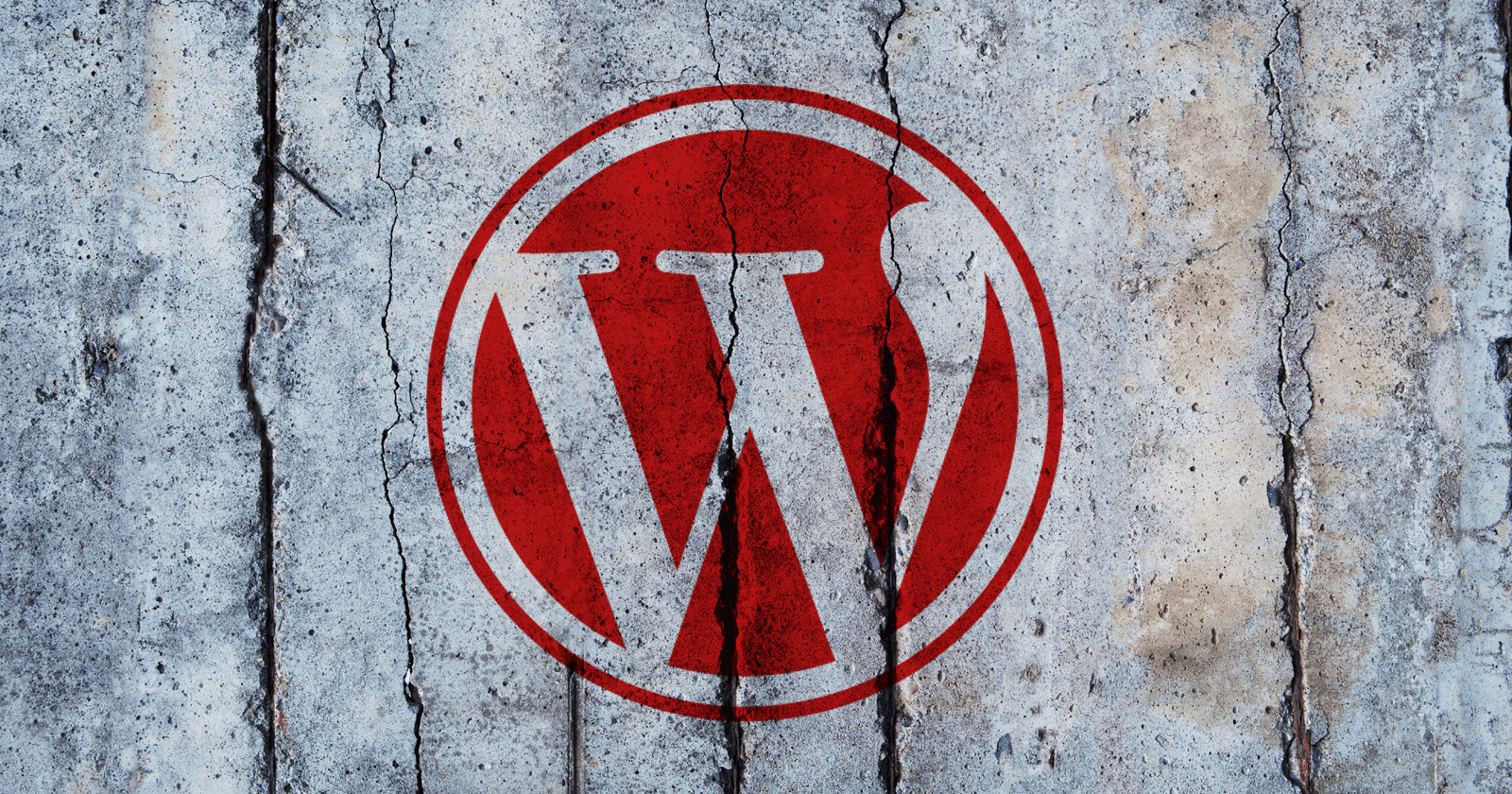French stocks jump as far right takes election lead but seen falling short of majority
La Banque Postale Asset Management's Sebastian Paris Horvitz said the results indicate a hung parliament is most likely — the "least bad" option for markets.

From the left: French far-right Rassemblement National party President Jordan Bardella, France's Prime Minister Gabriel Attal and French MP of left wing party La France Insoumise Manuel Bompard, prior to a political debate broadcasted on French TV channel TF1 on June 25, 2024.
Dimitar Dilkoff | Afp | Getty Images
French stocks staged a relief rally early Monday after results from the first round of the nation's snap election raised expectations of a hung parliament.
The far-right National Rally party and its allies won 33.1% of the vote, the left-wing NFP alliance was second with 28% and Macron's coalition secured 20%, France's Interior Ministry said Monday.
France's benchmark CAC 40 index was 1.3% higher by 10:17 a.m. London time, off earlier highs of more than 2.5%.
"The election, in the end, tells us pretty much what we knew before, which is that the most likely scenario remains a hung parliament," Sebastian Paris Horvitz, director of research at La Banque Postale Asset Management, told CNBC's "Squawk Box Europe."
From a market perspective that is the "least bad" option, he added, although it's far from ideal. "Generally you have a majority to govern France ... After the second round, maybe we are not going to have such a majority. And so we have to figure out how France will be governed."
CAC 40 index.
It comes after economists at Citi and elsewhere warned that an outright victory for either the far-right or leftist alliance could cause a severe market shock given their tax and spending plans, with the potential to spiral into a debt crisis.
"A hung parliament appears likely and would, we believe, be seen as a positive development for European assets, as markets would price in policies on tax and immigration that would more closely resemble the status quo," Matthew Ryan, head of market strategy at financial services firm Ebury, said in a note Monday.
"Following their strong showing in the first round, the possibility of a majority for National Rally remains in play, however, which could act to cap gains in the euro in the coming days."
Euro/U.S. dollar.
The second round of the vote is due on July 7 and to win a majority, the National Rally would need to secure 289 out of 577 seats in the National Assembly, France's lower house of parliament.
Current candidates now have until Tuesday evening to confirm whether they will be proceeding to the final round. Some left-wing and centrist candidates who placed third in their local race are expected to drop out to avoiding splitting the vote, in an effort to curb far-right gains. This has added to uncertainty over the final result.

A key question remains who will be prime minister — a position currently held by Gabriel Attal, an ally of President Emmanuel Macron.
National Rally is hoping it will be the party's 28-year-old leader, Jordan Bardella. With Macron previously stating he plans to carry out the remainder of his term as president until 2027, this would lead to a "cohabitation" scenario in which the two roles are at odds.
Even in a hung parliament — where no party has an overall majority, making it difficult to pass bills and implement a broad agenda — the French Constitution allows for the continuation of the current budget, so areas such as pension payments are not destabilized, Horvitz said.

"Still, there is no reform," he continued, noting this comes as a critical time for Europe as it deals with defense threats, the energy transition and weak French and German economic growth.
Horvitz added that French borrowing costs, which have soared versus Germany's since the election was called, are likely to remain elevated. That will likely lead to continued pressure on assets linked to bonds, including bank stocks and some utilities, he said.
French 10-year bond yields hit their highest level since November 2023 on Monday, trading around 3.334%, although their spread with German bond yields narrowed after hitting a 12-year high on Friday.

 JaneWalter
JaneWalter 








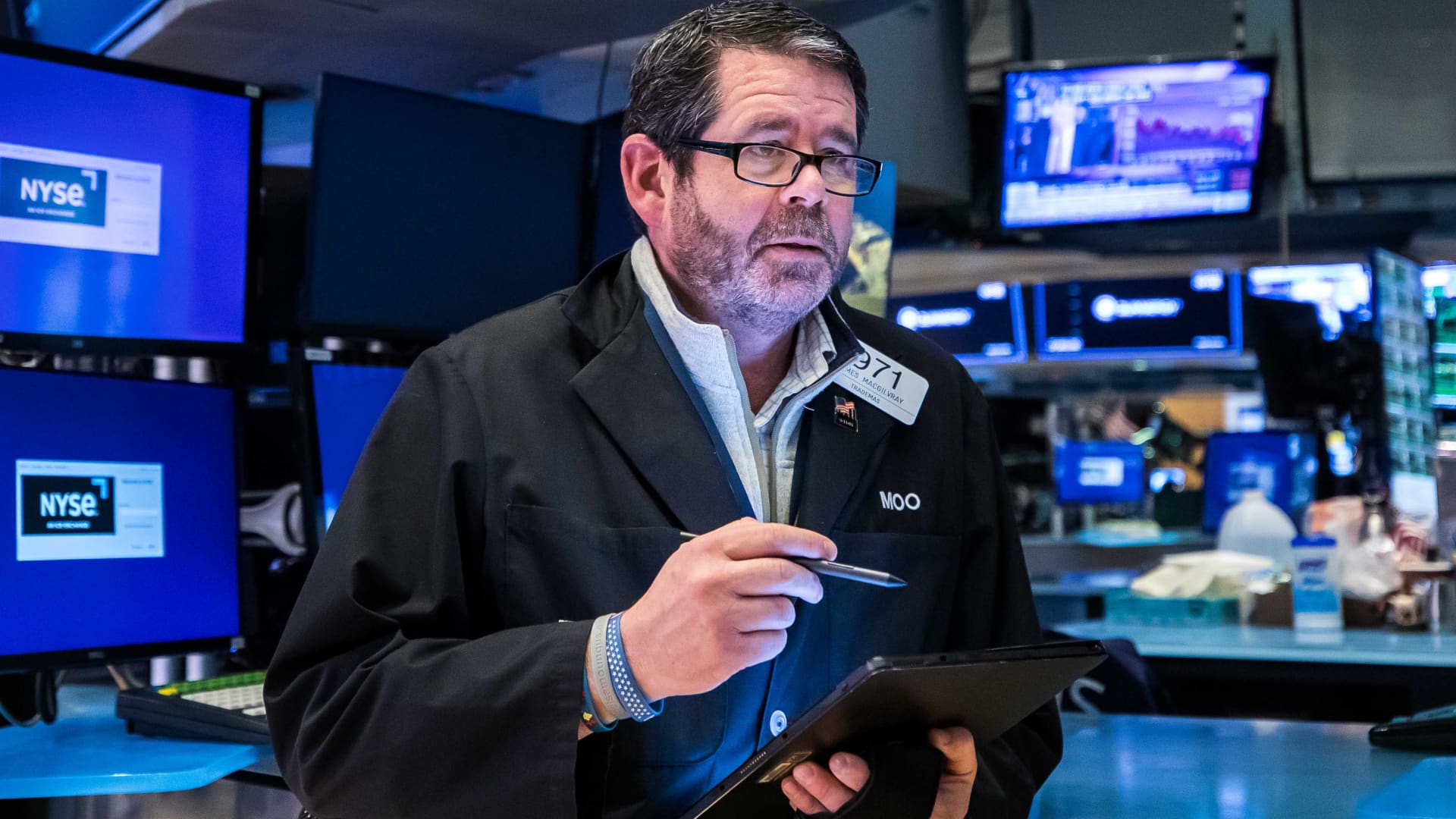
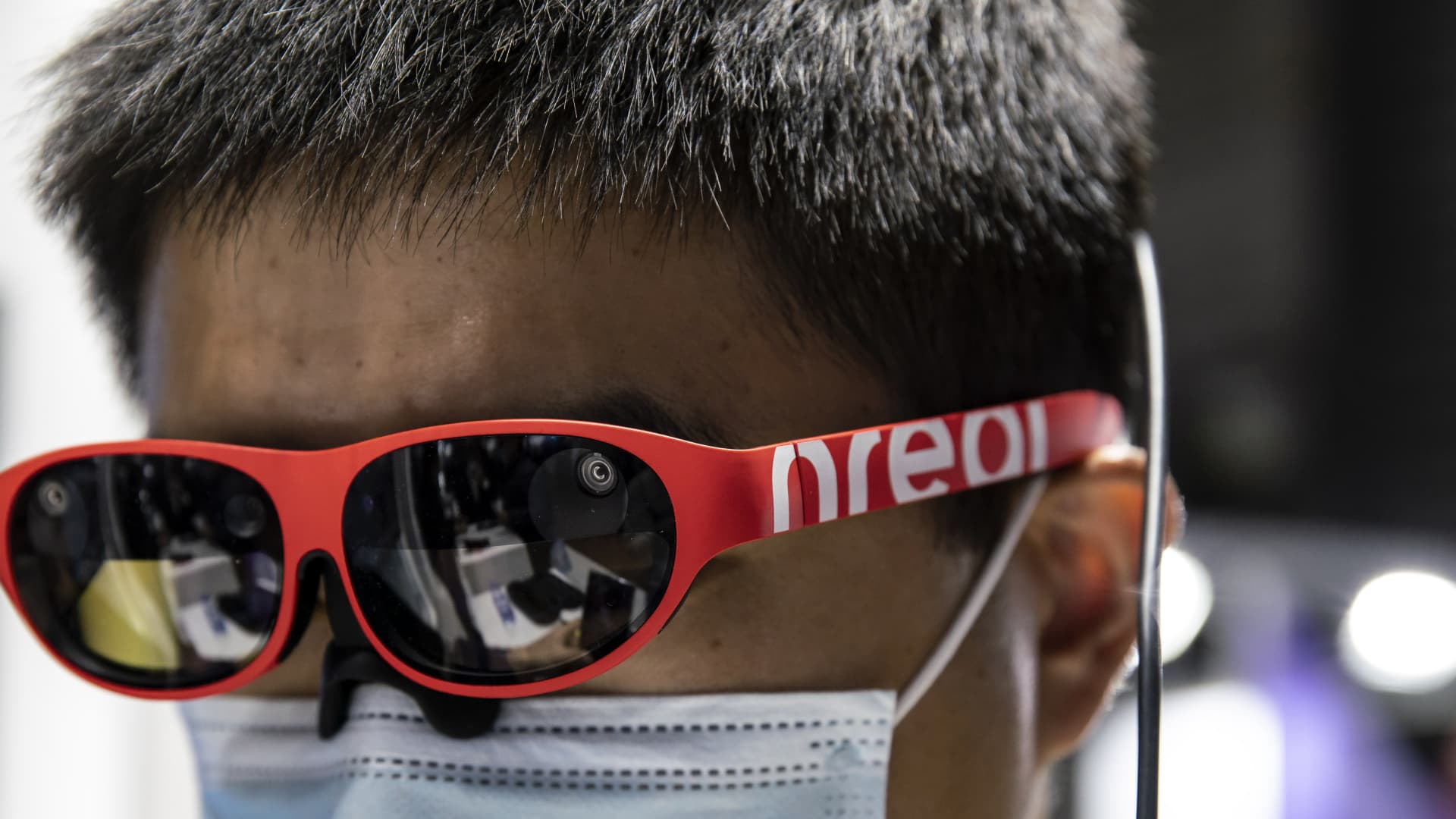

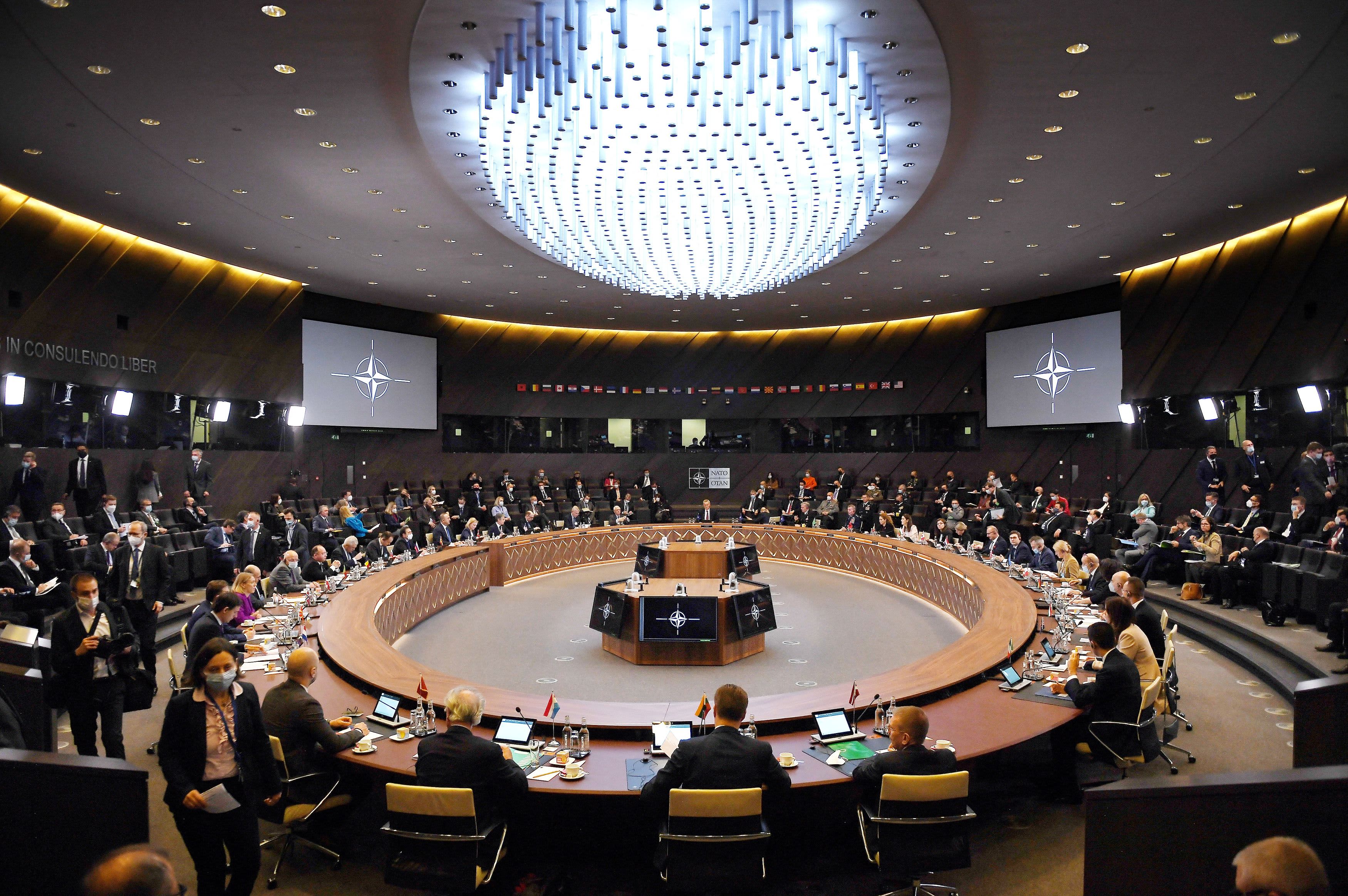
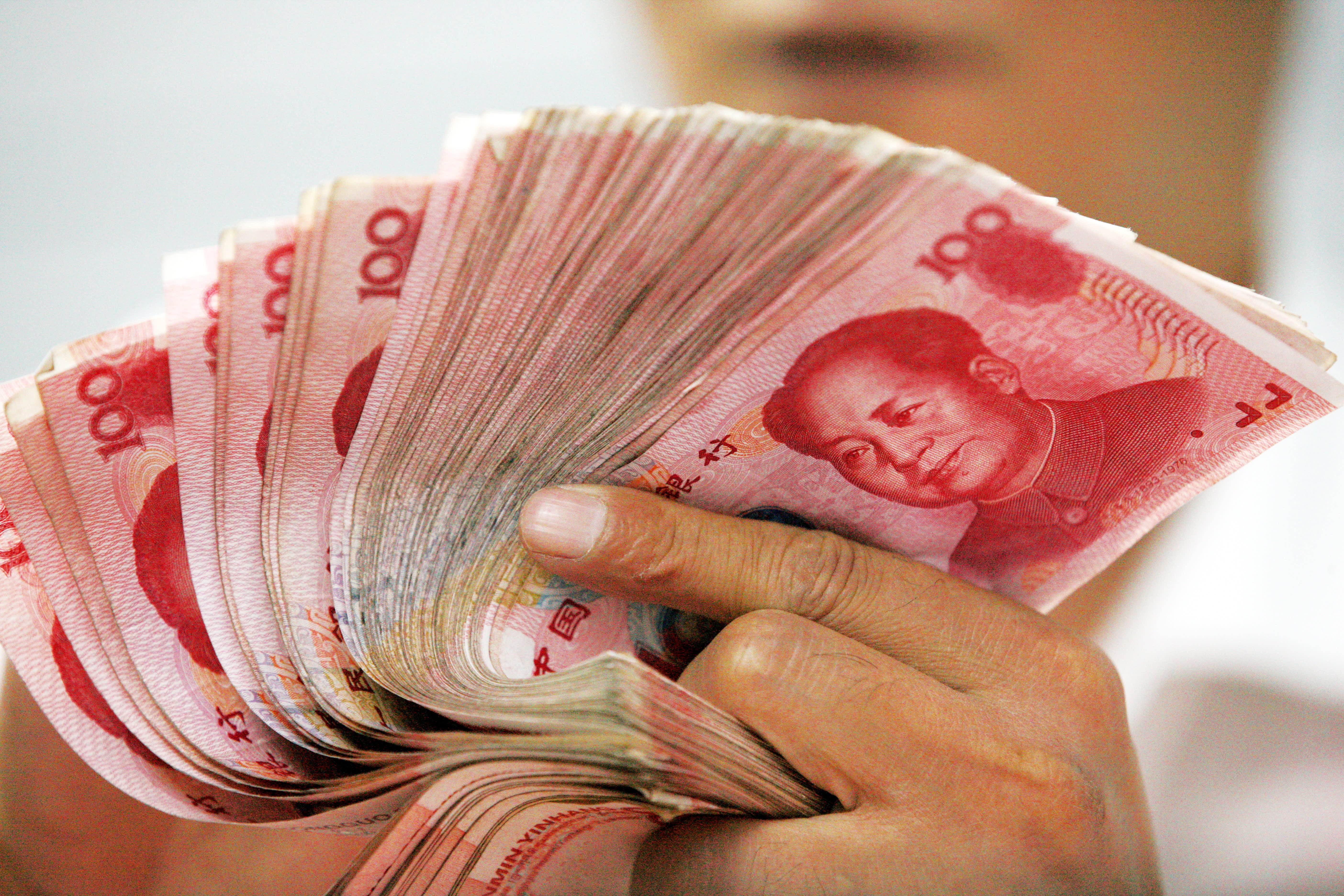
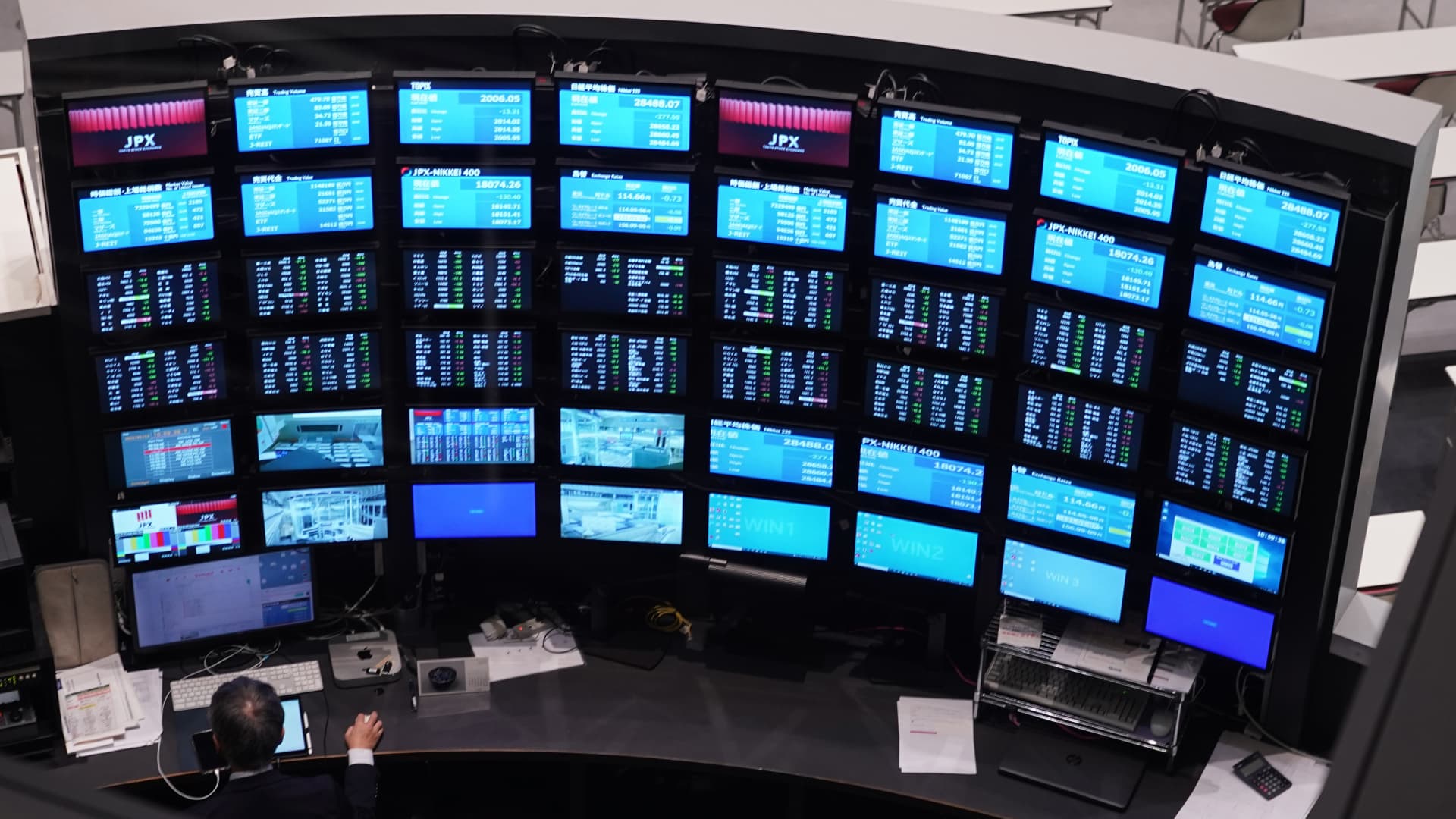
















![6 Ways Creators Can Use Meta AI [Infographic]](https://imgproxy.divecdn.com/oWHvh1SOQzpl85udkH3rBnzoX7T5sjKPkJpQi2A8T5w/g:ce/rs:fit:770:435/Z3M6Ly9kaXZlc2l0ZS1zdG9yYWdlL2RpdmVpbWFnZS82X3dheXNfY21ldGFfYWkyLnBuZw==.webp)
